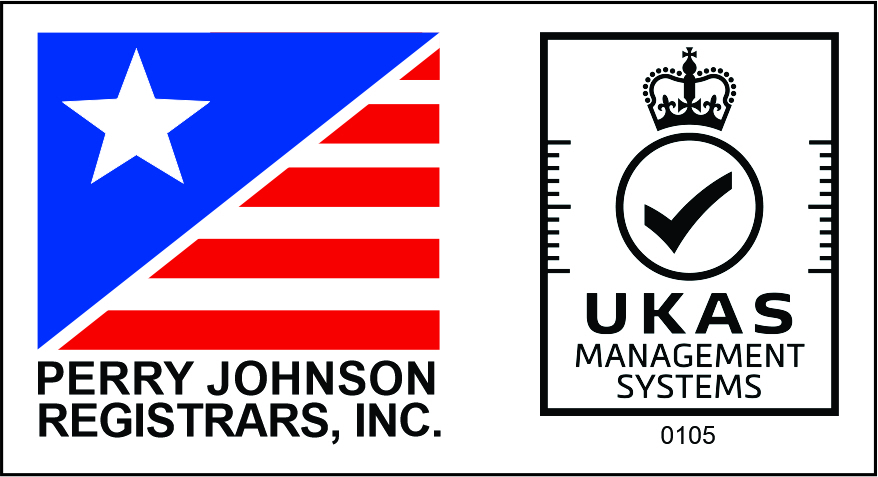Knowledge HubTM
How much does a firewall cost?
- Date Posted:
- Read time:
- 4 min read
- Written by: Exa Networks
Firewalls are absolutely vital for protecting you from potential threats, providing the first line of defence between the internet and your network. Due to new government guidance, schools need firewalls to meet the requirements. But how much does this essential security actually cost?
In this article we will look at the elements that will impact the price of a firewall and the things you need to consider in order to purchase the best solution for your network.
Factors that affect cost:
The vendor, model, and features of a firewall are all factors that will affect cost, here we will discuss how and why this is the case.
Vendor or brand
Surprisingly the brand does play a part in determining the cost of a firewall. We naturally tend to choose brands that are synonymous with that product or service, usually resulting in paying a premium. It’s a fact, reputation can affect cost, you’re more likely to use a product or service that has the reputation of being the best in its space or providing superior performance.
Model
This can cover various things but for the purposes of this article we’re going to look at hardware vs virtual machine (VM). When thinking about a firewall you have a choice between a hardware firewall and a VM, both have their upsides and downsides which we will outline below.
Hardware firewalls provide a physical barrier between your network and the internet and therefore incoming and outgoing data must pass through it. Hardware firewalls are also designed to manage more traffic and provide faster response times. However, this comes at a cost because you need to purchase the physical hardware in order for it to be installed and deployed.
In contrast a VM firewall is software that can be immediately installed. It works in the same way as a hardware firewall – filtering incoming and outgoing traffic – but sits in the cloud. An advantage of VM firewalls is that they can be deployed across multiple sites and centrally managed. They also tend to be much cheaper than hardware firewalls because you don’t require an actual piece of kit to implement it.
Features
What you require from your firewall can also influence the price. It’s capacity, redundancy and configuration will all need to be accounted for in the cost. You may be able to just go with a standard product straight off the shelf but if you want something more bespoke it will come at a premium.

One off costs
Hardware
As discussed above, if a hardware firewall is the solution you require or the one you want then you will need to purchase the actual kit. Costs vary greatly depending on the specification of the hardware but you could be looking at anything between £500 to £10,000.
Setup / Installation
For both hardware and VM firewalls you can expect to pay a setup or installation fee. Again this can vary from £200 to £2,000 depending on the solution you require.
Maintenance
As you can imagine technology is advancing rapidly, which also means cybercriminals are finding new ways to hack systems. Nothing is entirely foolproof all the time so it’s important for vendors to provide upgrades and patches to keep improving their solutions and ensuring their customers are protected. This is classed as on-going maintenance and is essential for the security of your system.
Software and firmware upgrades and maintenance can cost £0 right up to £2000 per year, with the lower end relating to VM firewalls and the higher end for hardware.
How much does a firewall cost?
Right, so we’ve been through the variables and given an explanation of why they affect the price, but how much does a firewall cost?
A firewall can cost anywhere between £250 to £10,000. We know that’s a huge range and you’re probably thinking ‘this isn’t helpful at all’, however we can be more specific if we were to look at the different models.
Hardware firewall: £500 to £10,000
VM firewall: £250 to £450 annually
What should you do next?
There is obviously a big disparity between the prices above and it may be tempting to just plump for the cheaper option which also has lower whole life costs, however we would strongly advise you to speak to a firewall vendor or a commercial ISP. They will look at your organisation, discuss your network and your requirements and identify the best solution for you. The biggest mistake you could make is coming to a decision based on cost and leaving your network vulnerable as a result. The experts will be better placed to advise you and give you a bespoke quote and recommendation to fit your organisations exact needs.
Related Knowledge Hub™ Articles
- 10 October 2022
- 28 July 2023
- 3 min read





